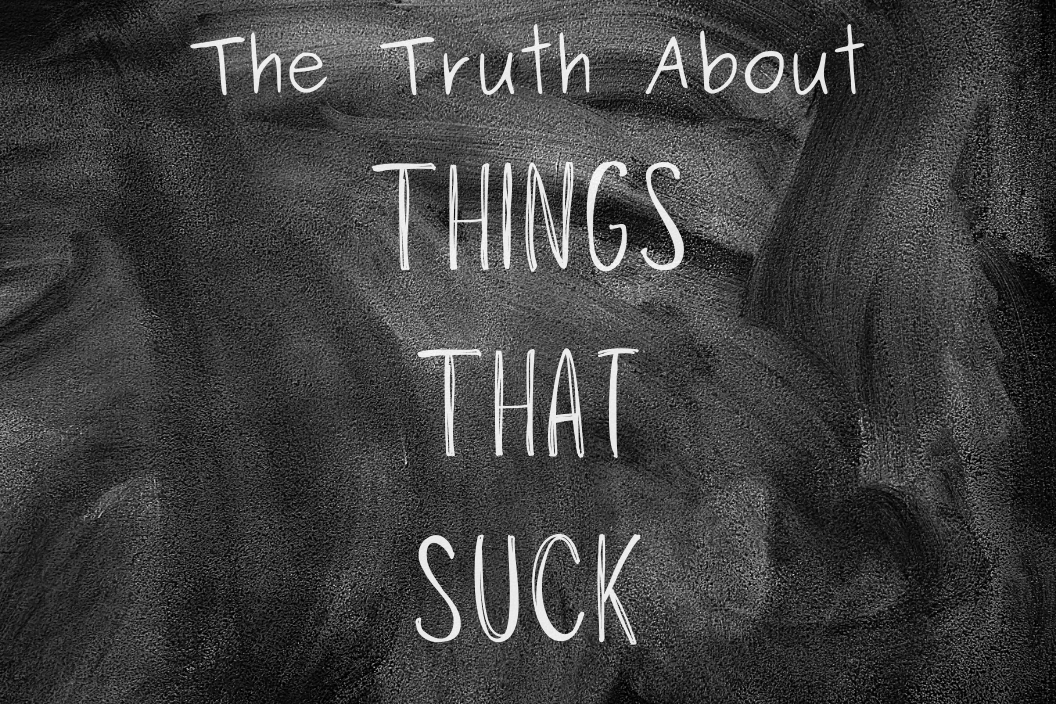When someone’s rude to you, for many the first reaction is to retaliate. But what if we considered what we don’t know?

By Mindy Henderson, Photo by Vanessa Todd
Years ago, at the request of my employer, I attended a week-long seminar. It was early in my career, and I was excited to have the chance to do something so “grown-up.” It meant instead of sitting in my cubicle all week, I went to a hotel downtown, sat in a banquet room at round tables with white tablecloths, sipped coffee, soaked in the presentation and participated in exercises on leadership.
Unfortunately, the gentleman sitting at the table directly behind me was not as keen on being there. All week, I listened to him mutter ugly, hateful things. He had opinions about the instructor, what the instructor had to say, certain other people in the room…and at one point, he made a derogatory comment about “Jerry’s Kids.” For those of you too young to know about “Jerry’s Kids,” this was how Jerry Lewis referred to the patients of the Muscular Dystrophy Association (MDA) who he worked with for over 60 years raising money to treat, send to summer camps, buy wheelchairs and find cures for.
I am one of “Jerry’s Kids.”
And I sat directly in the eye-line of this gentleman and well within earshot. At a leadership seminar. Hello, irony.
We all did our best to tune him out. One day, I found myself sitting at a table with the instructor. The group of us talked about our lives, jobs and recent summer vacations with our families. Midway through lunch, I shared how I’d just recently sung at CBS Studios in Los Angeles on the national Jerry Lewis MDA telethon. The instructor was gracious and interested and asked me to bring in a copy of the appearance for him to show on the last day of class.
Fast-forward to the final day. As the instructor wrapped up, he turned down the lights and said he had something “special” to close with. My face appeared on the television, and the segment with my song, followed by an interview with my family about what the MDA had done to help us over the years played.
Everyone clapped kindly and began to depart. A few people came by, shook my hand and to told me they hoped I’d keep singing.
Then. I noticed the gentleman at the table behind me, still in his chair.
As everyone funneled out, he stood, came over to me and overwhelmed me with a very firm bear hug. He whispered in my ear, “I’m so embarrassed. I had no idea. You have changed me forever.” Then he walked away.
What this gentleman doesn’t know is that he actually changed me.
Why do I share this story?
How often do we interact with people who are rude or unpleasant or treat us unkindly?
All of us are busy people. We go to the grocery store, the gas station, work, the bank and tons of other places over the course of our week. We encounter people all day long. Some of them kind, some indifferent and some…well, varying degrees of unpleasant.
When someone is rude, inconsiderate or unkind, what is your initial response?
To be rude back? Tell them off in your mind (or out loud)? To wish them a ticket or a flat tire? P.S. I’ve been guilty of all these responses at one time or another.
But consider this.
How do you know the person who was just so rude to you in the grocery store isn’t having the worst day of their life? How do you know they didn’t just lose their job? Lose a loved one to cancer or COVID-19? I’m not excusing their behavior, but consider what you don’t know. Maybe they are just an unhappy, unpleasant person. The point is, we don’t know.
Every person on this planet has a story and is on a journey we may know nothing about. That story, that journey may very well inform how they respond to you. We’ve all dealt with a year of COVID-19: quarantine, social distancing, sickness, death, inability to hug or hold hands. COVID fatigue is enough to have us all in a bad mood.
Here’s the thing. We can’t control how someone treats us. We can control how we respond and how we treat them. Be the bigger person, take the high road and all that. What does it cost you?
Forgiveness to Preserve Your Joy
When I encounter these unpleasant people now—after meeting the gentleman at the leadership seminar who told me he, basically, didn’t know any better—I ask myself, what has them so angry, so pessimistic, so sad, so selfish? Maybe their life has been hard or their day has been hideous. Perhaps someone hurt them. Maybe they are sick. Maybe no one ever taught them or required them to be kind. These are all things I can forgive. If not for their sake, for my own preservation of joy.
When someone you don’t know treats you badly, rather than responding in kind, try smiling and silently wishing them a better day. Try telling them to have a nice day. Maybe pay them a compliment. Your response might be the one good thing about their day. Maybe your response will teach them to be a little nicer. Or your response could have no effect whatsoever on them. But I suspect it’s a response you will feel good about.
“Be the person your dog thinks you are.”
– J.W. Stephens

Mindy Henderson lives in Austin with her husband of 17 years. They have a daughter at Texas State University, a puggle named Mr. PapaGeorgio and a cat named Birdie. Mindy currently works as a speaker, writer, coach, host of “The Truth About Things That Suck” podcast and is a guest contributor to We Are Austin. This column is a tool she is excited to use regularly to help us all uncover those sucky but surprisingly beautiful circumstances. Connect with Mindy on Instagram at @mindyhendersonspeaks or on LinkedIn.

